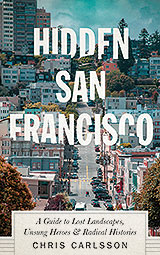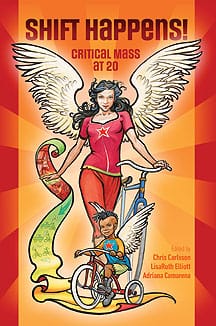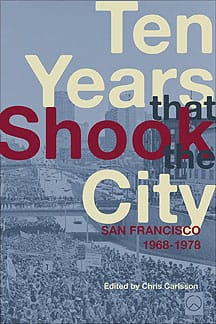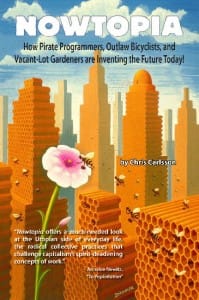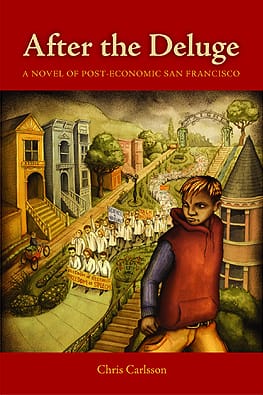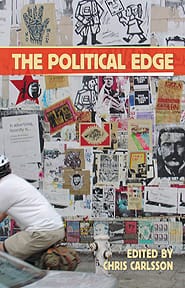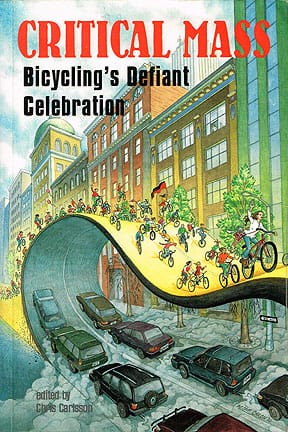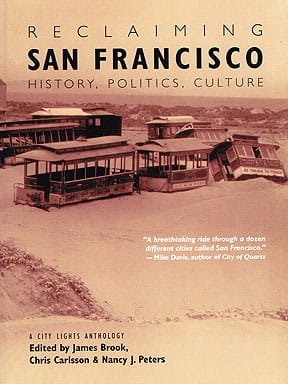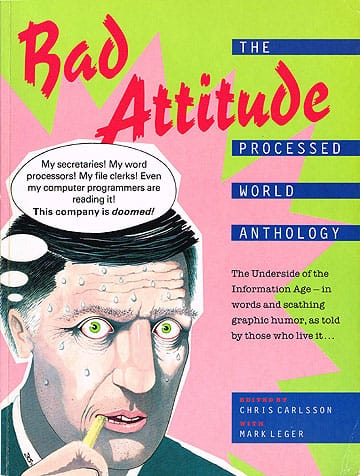Many of us watched the financial meltdown that happened in 2008 and continues its repercussions to the present idiotic debate on deficits and debt (as though it were all the public workers and poor people of the country who had massively looted the public treasury, rather than Halliburton and Goldman Sachs!) with various reactions from amusement, horror, schadenfreude, to excited anticipation. The future stretching ahead of us bodes ill, though, and while we should work towards a revolt that challenges/rejects the austerity agenda, until such a rebellion starts, life is going to keep getting harder for more and more people. Unemployment is soaring (which would be fine if it didn’t mean an abject lack of resources as a result) and the frontal assault by the ultra-rich on the social safety net is going strong. Tepid Democratic defenses that involve pre-emptively agreeing to entirely wrong-headed frames of reference only accelerate social disintegration.
I have been reading a lot lately, finally finding time to finish a few books that have been beckoning me. I read David McNally’s brilliant “Global Slump: The Economics and Politics of Crisis and Resistance”, a book that I can’t recommend highly enough. I also managed to plow through all 517 pages of “Railroaded: The Transcontinentals and the Making of Modern America” by Richard White, also a fantastic history that I highly recommend. Taken together they reinforce each other across time and space. Both look at periods of about a quarter century in which capitalism radically reorganized economies and enclosed vast geographies and human cultures into new market relations simultaneously—one in the latter part of the 19th century, the other about a century later.
Railroaded covers the rise of the railroads from what I’d like to say is a “Processed World” perspective. That is to say, rather than the triumphalist, Darwinist narrative of the rise of the corporation as a victory of efficiency and intelligence, and the railroads as the most compelling example of the corporate form in the 19th century, Richard White looks at the venality, stupidity, and corruption that were the deep foundation of the expansion of railroads across North America (including Mexico and Canada, which as he shows, was driven by the same logic and even many of the same men and investment syndicates). Rather than presenting the Union Pacific or Southern Pacific as these all-powerful organizations that earned the nickname “Octopus” (in SP’s case) these were inefficient, badly built, poorly maintained, largely unnecessary, and extremely destructive industrial companies. White unmasks the internal workings of these railroad corporations in all their glorious ineptitude, showing how the owners were back-biting, small-minded men (including especially Leland Stanford, the namesake of White’s university employer!) who knew nothing about railroads, and probably even less about managing businesses, but in many cases (Collis Huntington, Jay Gould, William Villard) were extremely good at buying and bullying the politicians they needed to get the public monies their grand schemes required.
The railroads were laughably unprofitable for the thousands of British and German and New England investors who were fleeced again and again by the slick salesmen of western railroads, who pointed to the federal guarantees and long-term bonds they issued as proof of their solvency. But the owners of railroads made their fortunes by building elaborate interlocking corporate structures, full of holding companies, junk bonds, insecure securities, and the whole panoply of chimerical financial instruments we’ve come to know so well in the last decade of derivatives, collateralized debt swaps, etc. When their business empires began to totter, they’d run to their bought-and-paid-for senators and congressman in Washington D.C. to get new appropriations, rollovers of old debts, new authorizations for long-term bonds guaranteed by the U.S. government, and for a time, they’d continue the shell game that made them personally rich while bankrupting dozens of railroads by the early 1890s. As White puts it, “Railroads caromed across the continent, creating systems that in toto made no rational sense but that could yield vast personal fortunes through construction, speculation, and financial manipulation.”






